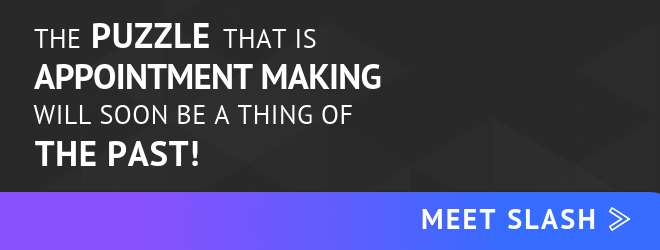One of the concepts that comes up most often when we talk about productivity is the idea of your zone of genius. Your zone of genius is where your passion meets your innate talent, in other words, what you’re best at. For employees, that zone is essential to bringing the maximum value to the company on a daily basis.
Your zone genius may be negotiation, contract finalization or relationship building. In any case, your zone must be your priority. Outside of that, anything that is not your strong point must be delegated. But who can you delegate to?
The answer to this question depends on your needs. It is common practice to use a personal or virtual assistant. A person who will assist you in your daily tasks, in your office or remotely. Another option is to delegate some of your tasks to a specialized tool. One such specialized tool is Julie Desk, which is designed to schedule appointments.
Here are some of the differences between the two options so you can choose the best solution. The goal is to allow you to concentrate on your zone of genius in complete peace of mind.
1. What does a virtual or personal assistant do exactly?
Let’s start with the classic tasks of an assistant. In this case, there are hardly any differences when we talk about a virtual assistant (VA) or a personal assistant (PA), because their role is generally the same. The only difference is that a VA works virtually while a PA is usually physically present.
The role of an assistant is to support your daily workload. They assist you and make your life easier on different levels (personal and/or professional). In concrete terms, an assistant frees you from time-consuming tasks: sending emails, making a meeting report, making a reservation, creating visuals, etc. Basically, your assistants deals with anything related to your daily activities that seem like nothing but take time.
An assistant is your long-term ally and adapts to your methods. In addition to recruitment, adaptation time and training are necessary. The longer your collaboration lasts, the more your assistant will know your way of working, your requirements and your ways of doing things.

2. What does Julie Desk do?
Julie Desk is an assistant that specializes in booking appointments. Its function is to organize the specifics of appointments. To put it simply, it is an Artificial Intelligence coupled with human supervision, a tool that is both digital and human.
It saves you the hassle of endless emails while ensuring that appointments are made, thanks to automatic reminders and follow-ups. No need to train her, no need to brief her: just put Julie on copy of your emails and tell your interlocutor that she will contact them to set up a time slot, after adjusting some parameters.
Julie then contacts your guest to propose your availability and arrange a meeting. Multi-participant meetings, room or restaurant reservations: Julie takes care of the appointment booking from start to finish – it’s her own zone of genius.
And in terms of daily use, it is as if your contact was talking to an assistant, except that everything is automated. Julie Desk is a premium solution that can easily be incorporated into your emails – if you don’t specify it, no one will know it’s an AI.
3. The solution that meets your needs.
To find out which solution is right for you, you need to ask yourself two questions:
1. What do you wish to delegate?
2. Is appointment making an important part of your job?
In fact, the answer depends on the nature of the tasks you want to delegate. If you need help with various tasks,or if you want someone who can assist you on a daily basis and who is versatile: you need to hire an assistant.
If, on the other hand, if you wish to delegate a specific part of your tasks – in this case, making appointments – then turning to a tool might be the more beneficial.
Julie is the ideal solution if you have to meet several people every week and you spend a lot of time setting up these meetings. If you are a business developer, HR or have a representative role (manager, CEO, public relations), Julie will make your life easier!
Finally, if you are already working with an assistant but you want them to focus on their zone of genius as well – using Julie Desk will free up some time for them. The two can indeed work very well together. Julie may be a powerful tool that facilitates your appointment making but will never replace an in-person collaboration with an assistant. By using Julie in addition to your assistant, you give her more time to help you on other tasks with higher added value.
In conclusion: an assistant can help you on any task and will adapt to your working methods. A tool supports you only on a defined task and completely automates this process. The two complement each other, so that both you and your assistant can focus on your zones of genius.
If you choose a tool, you must then define its scope of action. At Julie Desk, in addition to our virtual assistant, we have just launched Slash: a 100% digital intelligent agent. This is a 3rd option that does not offer a “human” experience but still focuses on the essential: making appointments. This is done directly in the email by entering a command line addressed to Slash.
For example: “@Slash schedule a meeting with Marie this week”.
Slash will then send an email to Marie and suggest links with time slots to click on. No human supervision, no traditional email exchanges: it’s easier, faster and less expensive. And, best of all, you can start using Slash for the modest sum of… zero euro!

